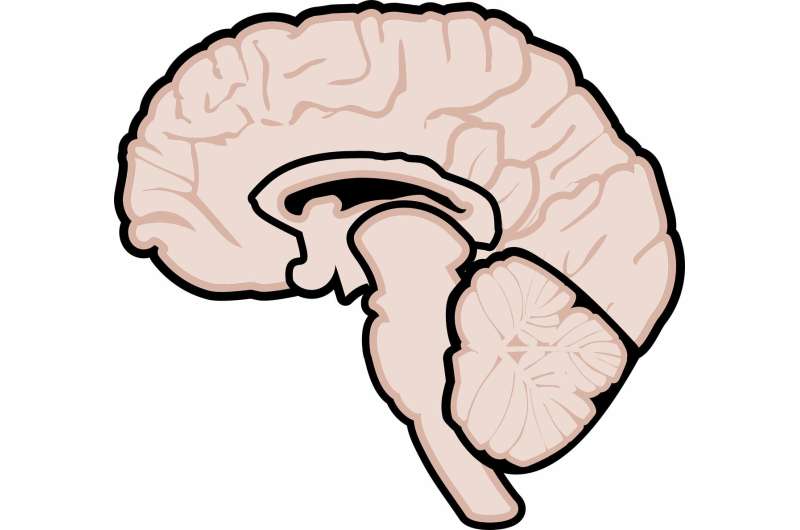Mental fatigue of multiple sclerosis linked to inefficient recruitment of neural resources

Researchers at Kessler Foundation conducted a pilot study comparing the effects of mental fatigue on brain activation patterns in people with and without multiple sclerosis (MS). Their findings indicate significant differences between the two groups in their recruitment of neural resources in response to increased task demands. The article, "Neural mechanisms underlying state mental fatigue in multiple sclerosis: A pilot study," was published in the Journal of Neurology on April 29, 2020. The authors are Michelle H. Chen, Ph.D., Glenn Wylie, DPhil, Rosalia Dacosta-Aguayo, Ph.D., John DeLuca, Ph.D., and Helen Genova, Ph.D., of Kessler Foundation, and Brian M. Sandroff, Ph.D., of the University of Alabama at Birmingham.
This pilot study extended the Foundation's investigation into the neural correlates of mental fatigue in MS. Mental fatigue comprises two types, state and trait, which are typically measured subjectively. The current study focused on state fatigue, which fluctuates over minutes to hours; trait fatigue is stable over longer periods, usually weeks.
The study comprised 36 participants, 19 with MS, and 17 controls. Participants underwent functional magnetic resonance imaging (fMRI) while performing the Symbol Digit Modalities Test (SDMT), a standard cognitive test modified for use with fMRI. Changes in brain activity were recorded while the SDMT was administered under two conditions: high and low cognitive loads. Neuroimaging studies were conducted at the research-dedicated Rocco Ortenzio Neuroimaging Center at Kessler Foundation.
"We found higher levels of fatigue and longer response times in the MS group," said Dr. Chen, postdoctoral fellow in the Center for Neuropsychology and Neuroscience Research at Kessler Foundation. "With increasing mental fatigue, the control group showed increased activation of the anterior brain regions and faster speed of response, to meet the demands of the high load condition, " added Dr. Chen. "The MS group did not show activation of these regions or an increase in processing speed, suggesting a less efficient response to the higher cognitive demands of the task."
Results of the pilot study were consistent with prior research into the functional reorganization of brain activity in response to mental fatigue, according to Dr. Genova, assistant director of the Center for Neuropsychology and Neuroscience Research. "In the absence of effective treatment for the disabling fatigue that affects many individuals with MS, it is essential to expand our understanding of these underlying brain mechanisms. Using fMRI allows us to determine how individuals with MS differ from their peers without MS in their cerebral responses to cognitive challenges, an important first step in the development of interventions to counter mental fatigue."
More information: Journal of Neurology (2020). DOI: 10.1007/s00415-09853-w , pubmed.ncbi.nlm.nih.gov/32350648/


















